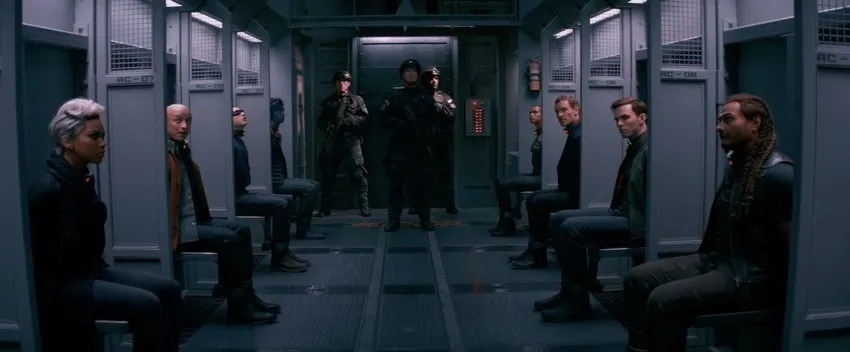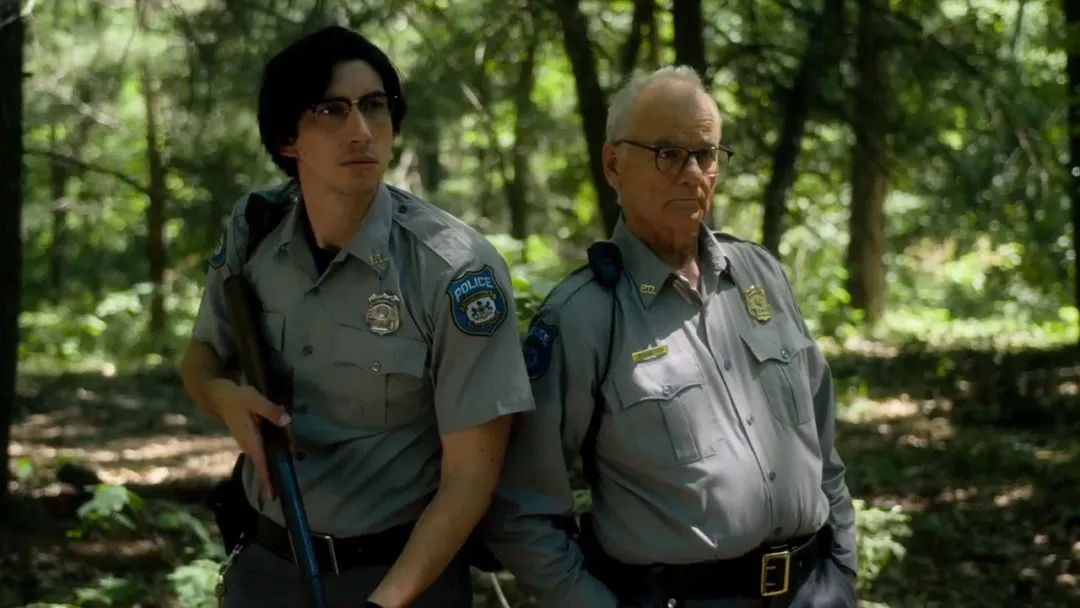Every year at Christmastime, movie critics and fans engage in the traditional holiday activity of debating whether or not Die Hard is a Christmas movie. On the one side, proponents (like the film’s screenwriter) argue that the movie is set entirely during Christmas Eve and Christmas Day, and includes a raucous Christmas office party and Christmas songs such as “Let It Snow” and Run-DMC’s “Christmas in Hollis.” On the other side, skeptics insist that a Christmas movie should be upbeat, family friendly, and filled with joy and love. “Does it evoke the spirit of Christmas?” movie historian Leonard Maltin asks.
Maltin believes the answer for Die Hard is no. But what is the spirit of Christmas? Supposedly, it’s generosity, goodwill, and loving others. In practice, though, U.S. Christmas films are often less about Christ’s commandments and more about celebrating a retro vision of wholesome Americanness. Die Hard embraces that vision with a vengeance — which is why it’s set during Christmas in the first place.
Die Hard starts with New York cop John McClane (Bruce Willis) flying to Los Angeles for the holiday to reunite with his two children and his wife Holly (Bonnie Bedelia). Holly moved to L.A. to further her career as an executive in the Nakatomi Corporation. McClane is resentful of her success, revealing with some shame that he decided to stay in New York in hopes that she would fail and return home. McClane want to reconcile with Holly at the Nakatomi holiday party, but before he can do so, the Nakatomi building is taken over by terrorists. McClane spends the rest of the film struggling not with Holly but with villainous criminal mastermind Hans Gruber (Alan Rickman.)
Or at least, the struggle seems to be with Gruber. In fact, the emotional arc of the film remains centered on McClane’s relationship with his wife.

You could even see much of the action of the movie as McClane’s psychotic break after he learns that Holly is using her maiden name, Gennero, for professional reasons. Enraged that his wife has thrown off the role of domestic help-mate in order to climb the corporate ladder at a foreign-owned company, McClane fantasizes a terrorist attack by greedy foreign Eurotrash. Said Eurotrash conveniently eliminate all the rivals for Holly’s affection — her Japanese-American boss who dared to drag her out to L.A. and the coke-snorting, oleaginous colleague who keeps hitting on her. Even better, McClane can reassert his competence and all-American masculinity by battling the terrorists. For a while he even refers to himself as Roy Rogers and in the spirit of the actor dubbed King of the Cowboys triumphantly crows, “Yippee-ki-yay, motherfucker!”
In the climactic scene of the film, Gruber is trying to drag Holly off the skyscraper with him. McClane dislodges his grip from her wrist by undoing the watch Holly was given by Nakatomi as a reward for excellent service. Gruber and the symbol of Holly’s career then plummet together to their doom. John and Holly then kiss, and she soon affirms that her name is not Gennero but McClane.
Die Hard is about returning everyone to their rightful gender roles. Christmas, the film knows, is the perfect time to do that. In fact, the arc of the movie is in part about restoring not only McClane’s domestic bliss but the true wholesome meaning of the season.
The Nakatomi holiday party is presented as a corrupted West Coast Christmas where employees do drugs and rush into side offices for casual sex. A male Nakatomi employee even kisses McClane on the cheek. “California!” McClane says to himself in exasperation and disgust.

Terrorists disrupting the party opens the way to more traditional festivities. The cop with a heart of gold who talks with McClane over the ham radio is fond of whistling “Let It Snow” and mentions several times that his wife is pregnant. McClane uses Christmas wrappings in his clever final cowboy plan to defeat Gruber. And of course the film ends with John and Holly canoodling in the back of a limo on their way to see their kids for a traditional heterosexual domestic all-American Christmas.
Using Christmas as a validation of America, domesticity, or both is standard in Christmas films. White Christmas, often cited as the ultimate Christmas movie, is about U.S. courage and sacrifice in World War II and culminates in a happily-ever-after romance ending. Planes, Trains and Automobiles, a holiday film released the year before Die Hard, foreshadows the plot of the later film. Its protagonist is returning home from New York to his wife, but is forestalled by circumstance (a snowstorm in O’Hare in this case rather than a terrorist attack). Like with Die Hard, Planes, Trains and Automobiles ends with husband and wife reuniting just in time to celebrate the holidays.
The Christmas movie that most closely mirrors Die Hard, though, is Frank Capra’s 1946 classic It’s a Wonderful Life. Capra’s movie, like its successor, expresses anxiety about incursions on the traditional American way of life. Small-town banker George Bailey (Jimmy Stewart) has a terrifying vision of an alternate timeline in which his lovely small town is transformed into a den of vice and iniquity peopled by single unmarried career women (gasp!) and black jazz performers (double gasp!!) And as in Die Hard, the frightening world of un-American domestic unrest is contrasted with the happy, traditional Christmas celebration at the end.
So is Die Hard a Christmas movie? If a Christmas movie is a movie about the meaning of Christmas, then Die Hard is one. If a Christmas movie is a movie in which Christmas is important to its themes and message, then Die Hard fits. And if a Christmas movie is one that picks up on themes and ideas from other Christmas movies to frame its own story then Die Hard fits that definition, too.
A movie is a holiday movie if the holiday gives it meaning. Die Hard takes place at Christmas specifically because the season provides a perfect background for a parable about traditional values. In the world of John McClane, men are cowboys, women take their husband’s names, evil foreigners are pushed off of skyscrapers, and it’s always Christmas.




